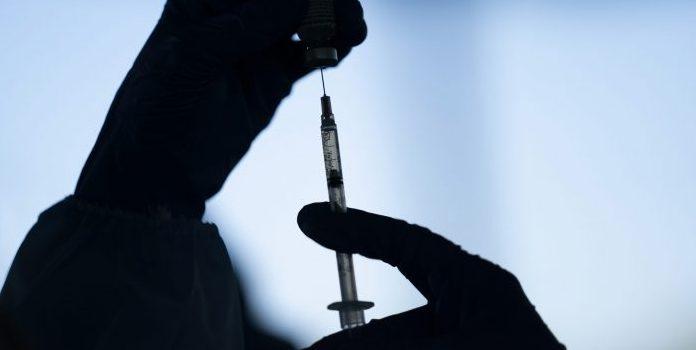The Centers for Disease Control and Prevention will convene a panel of federal experts to discuss the growing concern about certain side effects caused by the Johnson and Johnson (J&J) Covid vaccine, which has shown a link to blood clotting, according to the New York Times.
The problem has presented in both men and women, but women between the ages of 30-49 seem to be most at risk.
“Among the women who were diagnosed with the syndrome, which can impair clotting and cause internal bleeding, about one in seven of them died, the F.D.A. said,” reported the NYT. “The federal official who described the planning for Thursday’s meeting said that updated figures showed roughly nine deaths from the disorder.”
CDC advisers to consider limits on J&J vaccine over blood clot issues https://t.co/RPVVOPGYXF pic.twitter.com/mv2aHxMyas
— The Hill (@thehill) December 16, 2021
The CDC, however, says on their website that they think that even with the risk of developing the syndrome the “vaccine’s known and potential benefits outweigh its known and potential risks” even for women in the high risk group. The CDC did say that women in the group should be counseled about using other vaccines as a substitute.
The J&J vaccine was paused for a short time in the spring after six severe cases of the condition were discovered, according to the FDA.
“The single-dose Johnson & Johnson vaccine is authorized for use in people age 18 and older,” reported CNN, “and can be used as a booster shot for adults fully vaccinated with the J&J, Pfizer or Moderna vaccines. People who received the J&J vaccine are advised to get a booster dose of any of the authorized vaccines two months after their first shot.”
The J&J vaccine uses a more common vaccine technology of an altered virus that can’t replicate or make someone ill like mature virus can, says the Mayo Clinic, as opposed to the mRna technology that is used in more popular Covid vaccines, which just stimulates an immune response.
“The [J&J] shot has largely fallen out of favor in the United States,” said the New York Times, “despite early hopes that its one-and-done format would be easy to deploy in more isolated communities, and among people skittish about receiving two doses.”
About 16 million people have gotten the J&J shot, as opposed to nearly 200 million who are fully vaccinated by the mRna vaccines.

